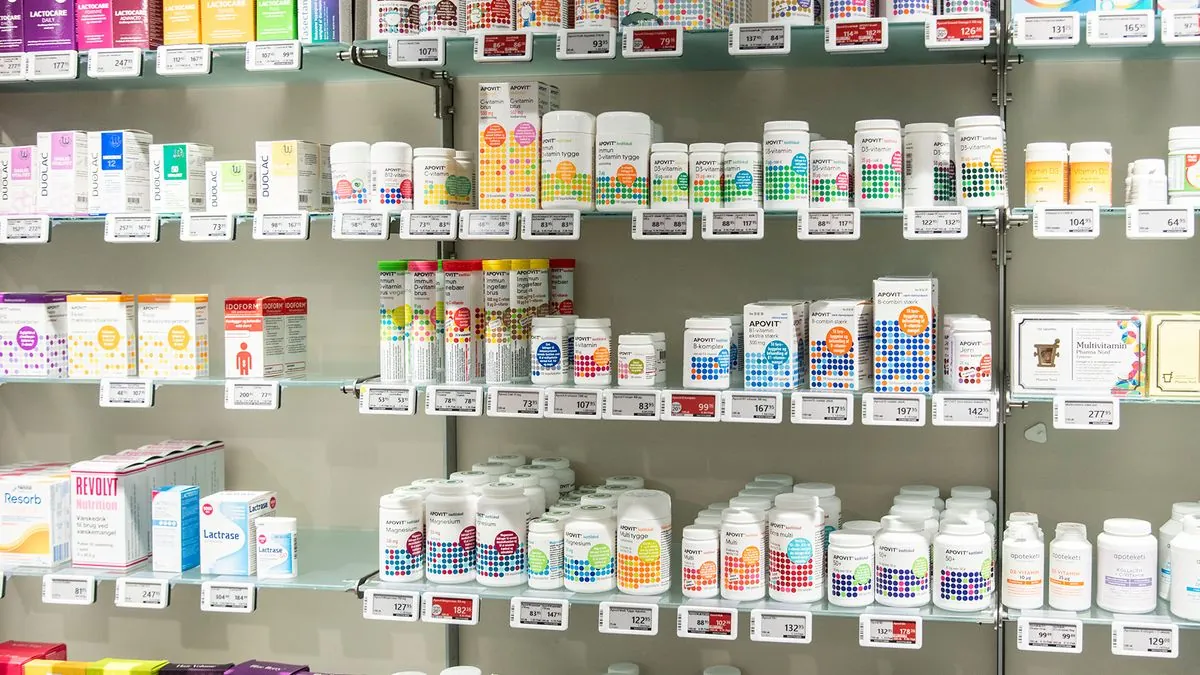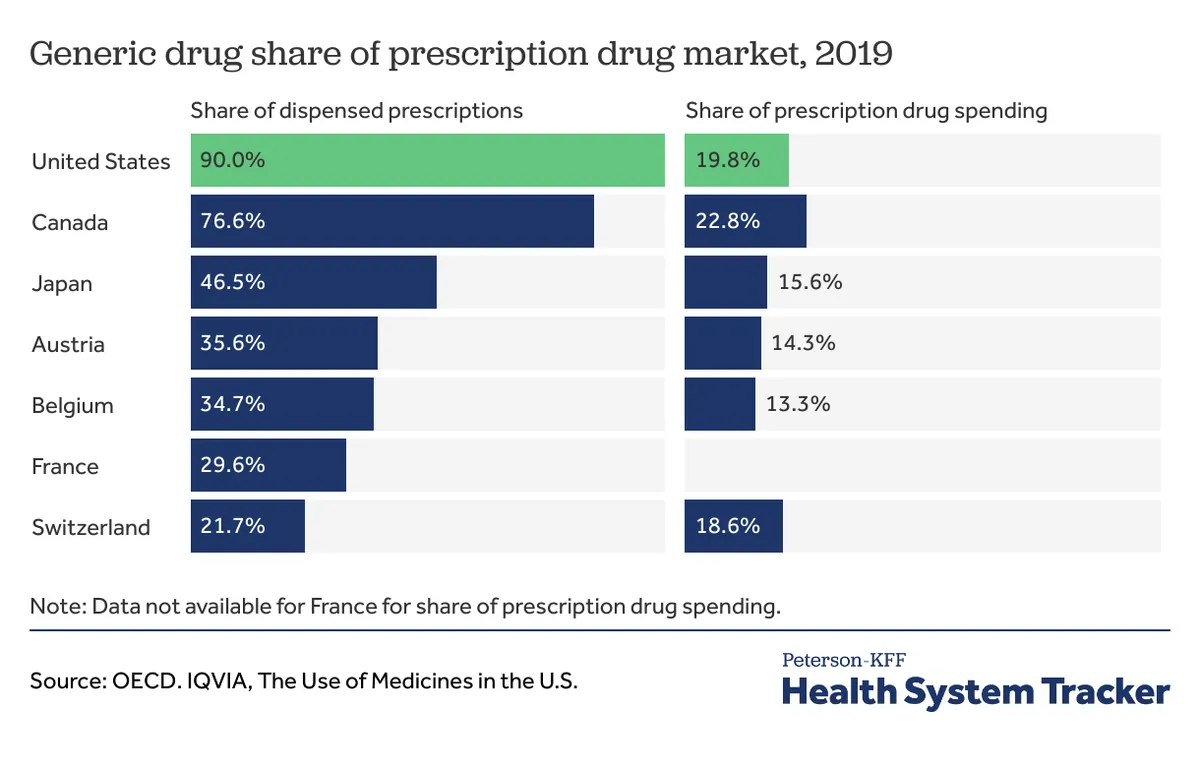U.S. Medicare Drug Prices Remain High Despite Negotiations
Medicare's first negotiated drug prices still exceed those in other high-income nations. The initiative aims to balance affordability and innovation, with significant savings expected from 2026 onwards.

In a landmark move, the U.S. Medicare program has unveiled its first-ever negotiated prices for prescription drugs. However, despite this effort, the costs remain significantly higher than those in other high-income nations. This development comes as part of the Biden Administration's Inflation Reduction Act, marking a pivotal shift in U.S. healthcare policy.
The negotiated prices, set to take effect in 2026, will apply to ten high-cost medications. While this initiative is expected to generate savings of $6 billion in its inaugural year, a comparative analysis reveals that the U.S. will still pay substantially more than countries like Australia, Japan, Canada, and Sweden for the same drugs.

For instance, a 30-day supply of nine out of the ten negotiated drugs will cost Medicare $17,581 in 2026, whereas the same medications in Sweden currently cost $6,725. This stark difference highlights the persistent challenge of high drug prices in the U.S. healthcare system.
Several factors contribute to the higher U.S. drug prices:
- Early access to new medications
- Complex rebate and discount systems
- Extended patent protections
- Faster adoption of expensive drugs
Stacie Dusetzina, a health policy professor at Vanderbilt University, notes that the U.S. has long accepted its role as the country that overpays relative to the rest of the world. This approach, while costly, has sometimes yielded benefits such as priority access to critical medications like COVID-19 vaccines.
The impact of patent protection on drug prices is particularly evident in the case of Amgen's Enbrel. First approved in 1998 for rheumatoid arthritis, Enbrel still lacks biosimilar competitors in the U.S. due to patent protection until 2029. In contrast, Sweden's price for a 30-day supply of an Enbrel biosimilar is $709, compared to Medicare's newly-negotiated price of $2,355.
"If you've got one of your buyers who's willing to cover your sunk costs, plus some of your ongoing costs, selling more volume to others, even at lower prices, can still be profitable."
This dynamic suggests that the U.S.'s willingness to pay higher prices may inadvertently contribute to lower prices in other countries.
The Brookings Institution's analysis shows that Medicare's negotiations yielded the most significant benefits for drugs with little market competition. Three drugs - Enbrel, Eliquis (a blood thinner by Bristol Myers and Pfizer), and Stelara (a Crohn's disease drug by Johnson & Johnson) - will account for over half of the expected $6 billion in savings.
As Medicare continues to negotiate prices for more drugs each year, experts anticipate a gradual shift towards a better balance between affordability and innovation in the U.S. pharmaceutical market. This ongoing process may reshape the landscape of drug pricing, potentially narrowing the gap between U.S. prices and those of other high-income nations in the years to come.


































